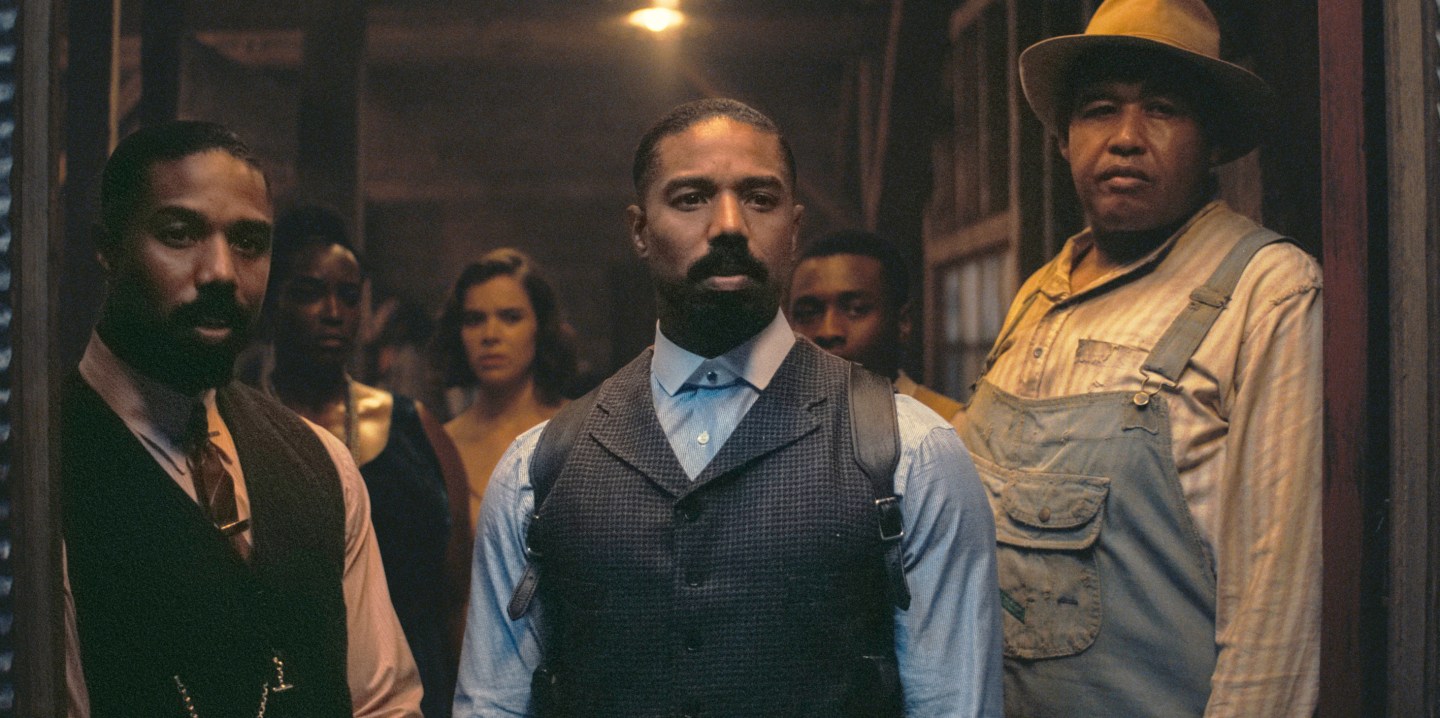The tragic news of the destruction of the Titan submersible has brought attention to the thrilling, dangerous and expensive world of extreme tourism.
As a researcher who studies hospitality and tourism management, I pay attention to the trends in tourism and study ways in which organizations like theme parks and resorts operate and change over time.
Tourists are generally seeking more authentic experiences that occur without prescribed paths or known endpoints. Technology can often make the extreme environments of adventure tourism more safe, but at the bottom of the ocean, the vacuum of space or the cold of a mountain summit the consequences of failure can be high.
Adventure tourism as authentic tourism
In recent years, there has been a trend in the tourism industry toward authentic experiences. More and more, people want to experience something unique and not in a preprogrammed or controlled setting.
An example of the difference between authentic and inauthentic tourism is the difference between a zoo and a safari. Zoos are built to allow large crowds of people to easily view unique and often dangerous animals. Zoos are typically a spectator experience and are very safe, but they offer little opportunity for visitors to interact with the animals.
A safari in Africa, by comparison, provides a much more authentic experience by removing a lot of the safety barriers between you and the animals. Most safaris bring a limited number of tourists, with guides who can provide closer interaction with the animals in their real environment. This, of course, also increases the risk for tourists, as the barriers and safety features found in a zoo don’t exist in the wild. The sense of danger that comes from authentic tourism often adds to the adventurous traveler’s experience.
The final appeal of adventure tourism is the status or prestige of a dangerous, expensive trip. Almost everyone can afford to visit a local zoo, whereas an African safari requires a level of spending that is a display of your status and income.
The same authenticity, danger and prestige apply to many types of adventure tourism, whether it is mountaineering, space tourism or trips to the bottom of the ocean.
Technology doesn’t always mean safety
As technologies have improved, companies and tourists have been able to push the limits of safety for many activities. For example, over the past 30 years, roller coasters have gotten progressively taller, faster and more extreme to capture the attention of thrill-seekers. These rides are able to maintain high levels of safety thanks to better engineering and technology.
The narrative that advanced technology provides safety in extreme situations typically helps to reassure tourists the activity they choose to engage in is safe. The reality is that any activity – whether it’s crossing the street or visiting the wreck of the Titanic – will always carry some level of risk. The problem is that many of these extreme activities take place in very dangerous environments and have incredibly small margins for error. When something does go wrong, the consequences can be catastrophic or, as with the case of the Titan submarine, fatal.
Prevalence and legal limits
It is hard to get exact numbers on extreme tourism deaths per year, but when these sad events do occur, they typically receive a lot of attention from the press. As a tourism researcher, I follow these types of stories and feel comfortable saying that very few occur in the U.S.
In the U.S., there are federal, state and local tourism boards and agencies. More often than not, specialized agencies regulate activities most relevant to their areas of expertise – for example, the Federal Aviation Administration regulates space tourism, and national park and state park agencies permit mountaineering in many places. These organizations generally promote tourism and safe practices, but no amount of regulation and oversight can absolutely guarantee anyone’s safety. And for many activities, like deep-water tours, there is no mandatory certification process.
Perhaps the best advice for people seeking authentic, thrilling experiences would be to use the idea of “buyer beware.” If you are choosing to engage in extreme tourism, ask questions about what safety procedures are in place for whatever activity you are choosing to do. And if you are not comfortable with the answers you get, move on to another company or activity.
Scott Smith is Associate Professor of Hospitality and Tourism Management, University of South Carolina.
This article is republished from The Conversation under a Creative Commons license. Read the original article.












